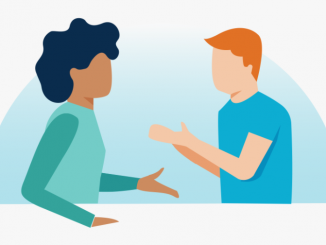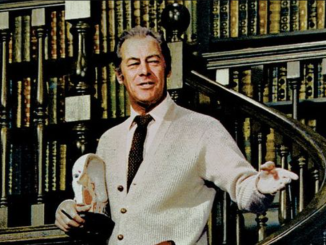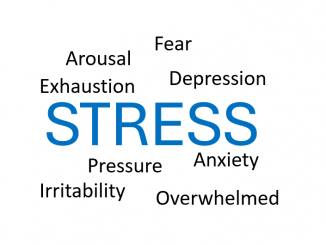One of the first questions I ask my relationship Counselling clients is about their take on who they have had as relationship role models.
Growing up, were there any relationships that they observed as being healthy? Did they have any adults who could set a good example of what they might want to aim for in their adult relationships? Who taught them through their experience that a healthy intimate relationship was possible?
Sometimes people say their parents, sometimes they say “definitely not my parents,” and others might pinpoint the good traits of their grandparents’ relationship.
Of course, it is not unusual to have one person say their parents were happy and healthy, and the other partner say their parents were anything but! (what a different perspective these people could have on how relationships work or don’t work).
Interestingly, some people identify the relationship of a particular friend couple, or sometimes a sibling, as what they would like to have. So, they might not have had role models growing up, but they do have role models among their peers today.
I sometimes talk about the prospect of the couple who are seeing me for help in their relationship of the potential of becoming one of these role model couples, not just for other adults to admire, but for the potential benefits that could flow through to their children (if parents or planning on becoming parents).
I believe it is important to show others that it is possible to communicate, negotiate, validate, and teamwork with another adult, and show that you enjoy your relationship.
Expanding on the theory of relationship role models, this passage from a book I recently read did get me thinking a little deeper on the topic.
Timothy Keller in ‘The Meaning of Marriage‘ says no matter what we observe growing up, it is often hard to get a good perspective on marriage (or on adult intimate relationships generally)…
We all see it through the inevitably distorted lenses of our own experience. If you come from an unusually stable home, where your parents had a great marriage, that may have “made it look easy” to you, and so when you get your own marriage you may be shocked by how much it takes to forge a lasting relationship.
On the other hand, if you have experienced a bad marriage or a divorce, either as a child or an adult, your view of marriage may be overly wary and pessimistic. You may be too expectant of relationship problems and, when they appear, be too ready to say, “Yup, here it goes,” and to give up.
In other words, any kind of background experience of marriage may make you ill-equipped for it yourself.
In my opinion, Thomas is onto something here, and that is primarily that great relationships seldom just happen, they take effort and skill to shape into something that fits both people.
Often it is not just what we have to learn, but what we have to leave behind that helps us move forward. This might be the notion that a happy and healthy relationship just expands in front us without growing into it.
Or, that we should have low expectations of what our relationship should or could be.
If you would like some assistance with your relationship, if you feel that there are improvements that could be made, or that your take on relationships is different from your partner’s, feel free to get in touch with me today.
Relationship Counselling can potentially set you up for a much more happy, fulfilling, and peaceful future…and you two might just end up being someone’s positive role models.



